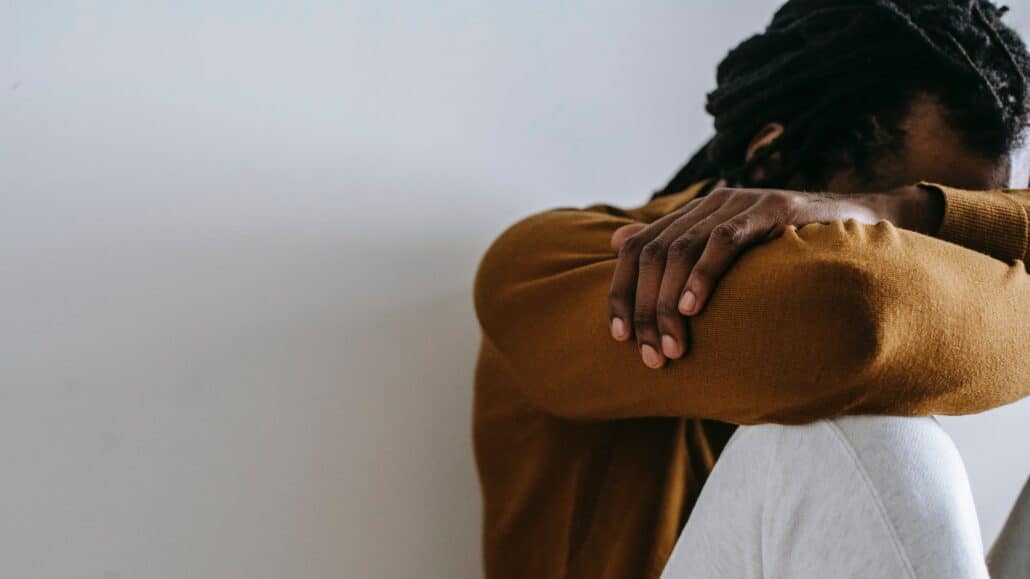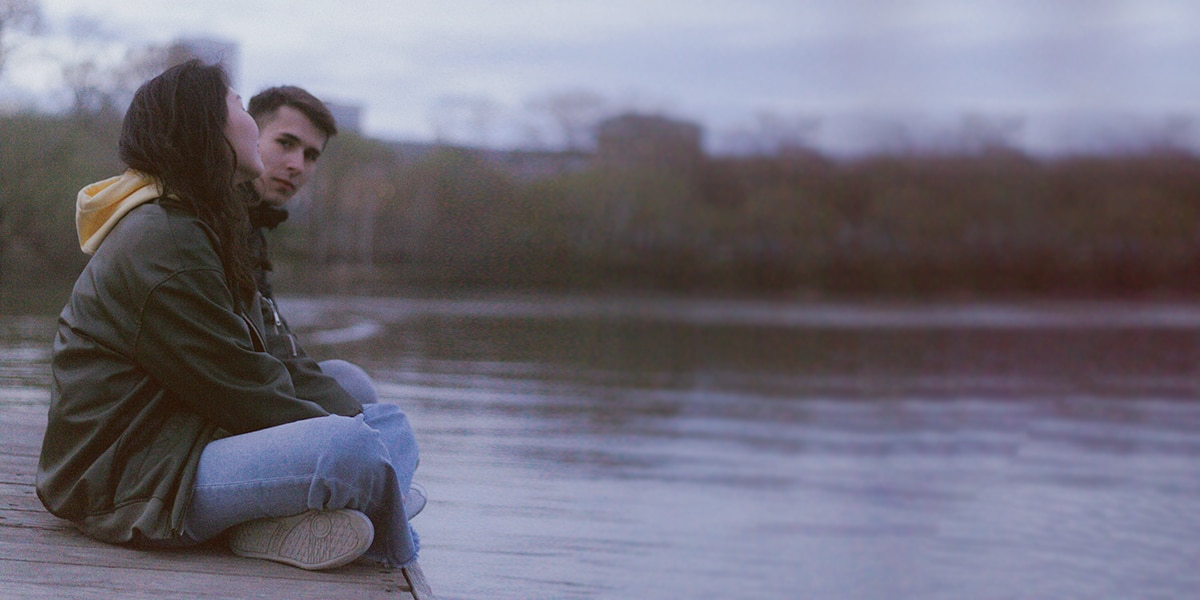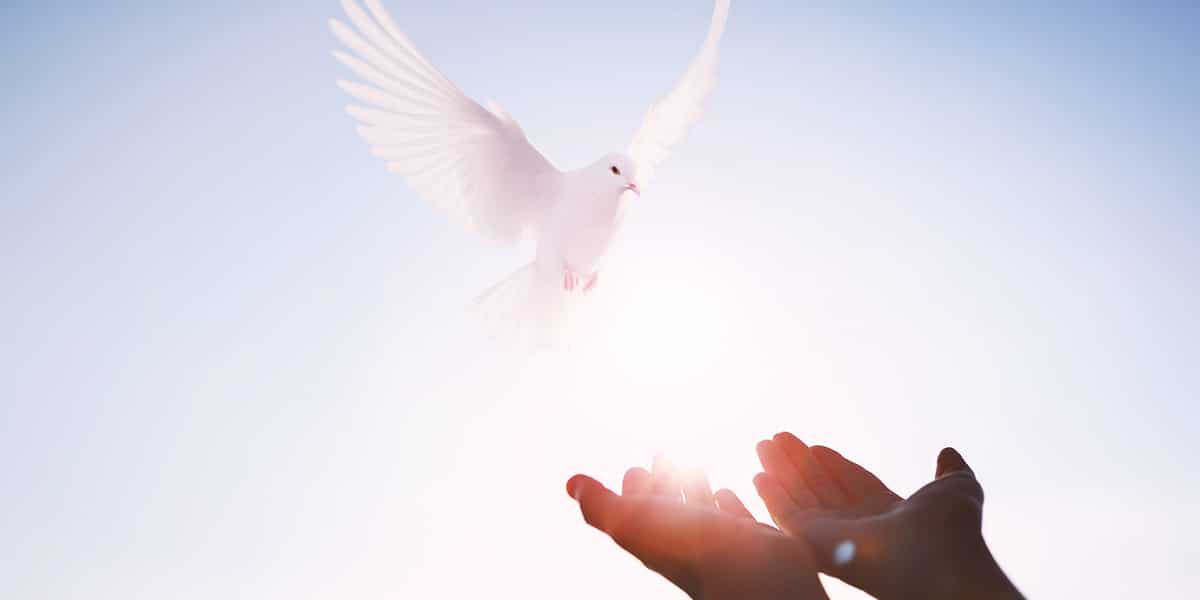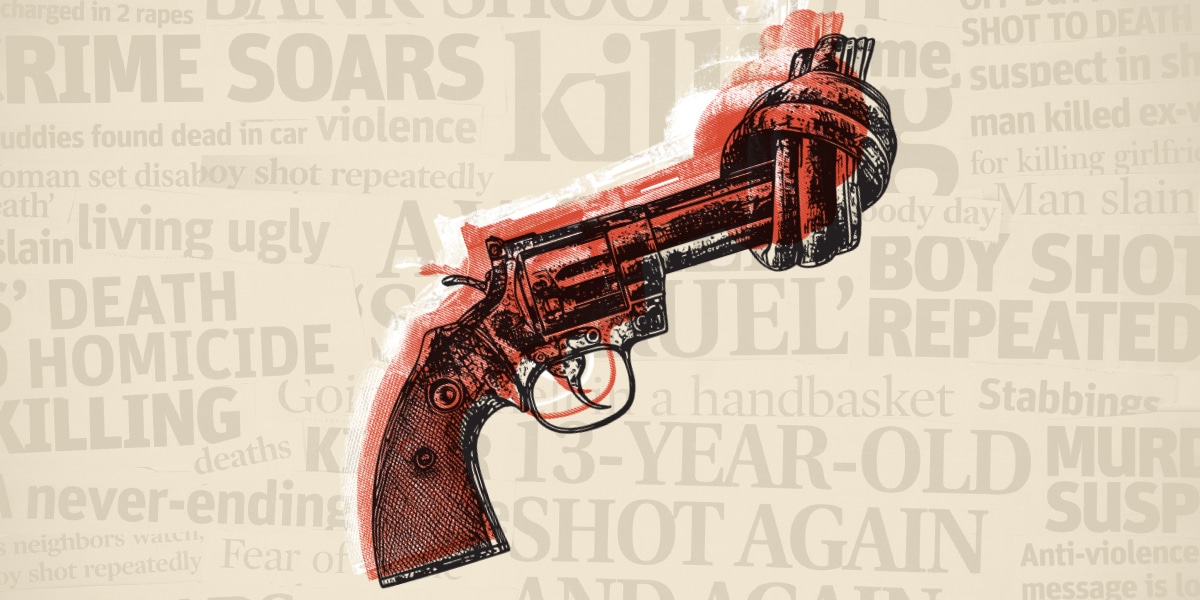I think it’s fair to say that our modern institutions are in crisis. Our level of trust in our political system is at a record low, with many politicians so polarized and power-hungry that social justice and good governance seem largely impossible. It’s becoming clear that our economic system tends to enrich some but impoverish many, including the earth itself.
As we lose faith in our institutions, I think we’re also beginning to lose faith in the cultural story that undergirds them: the story that drove the Industrial Revolution, a story that celebrates individualism, reason, competition, perpetual economic growth, advanced technology, and control over nature and our bodies. This story tells us that we are fundamentally separate from each other, from the rest of creation, and from a God who seems distant and disinterested.
It’s no wonder that many of our institutions are failing us, for they were largely built on sand: wrong assumptions about human beings, the nature of reality, and what makes for a good and fulfilling life. If the dominant cultural narrative is one of separateness, there is another story, one of integration, that is struggling to be born. This story, which Pope Francis holds up in his encyclical “Laudato Si’,” tells us we belong intimately to each other and to all of creation.
This story doesn’t aim us in a straight line of progress and economic growth, but instead it helps us embrace the circular, Trinitarian dance of communion and connection, in which we grow in an exquisite spiral toward a more loving, gentle, inclusive, and cooperative society.
It’s a story of grace and mutual generosity and simple pleasures, of not eschewing technology but always staying rooted in, and taking our cues from, the God-given abundance of natural systems. In this story, human beings and all of creation thrive together as a single, sacred community—which is, of course, the only way we will survive.
The crumbling of our institutions offers us a wonderful, if challenging, opportunity to adopt this new story of integration—of human self-understanding, of social and economic systems, of the ecological integrity of our planet.
Or, as Winston Churchill said, “Never let a good crisis go to waste.” But how do we go about navigating the dissolution of one era and adopting a worldview that is truer and more helpful? How do we avoid fearful paralysis, head-in-the-sand denial, or just settling for minor tweaks but no fundamental change? How do we not set up a war between worldviews that would have us throw out even what is good in our current situation?
And how do we Catholics take on this challenge faithfully, especially when one of the institutions in crisis is the hierarchy of our very own Church, whose leaders struggle for credibility and continued relevance in the face of ongoing scandals? Fortunately, despite its many ambiguities past and present, Catholic tradition actually offers a trove of resources that can help us believers do our part to heal the world—and even the institutional Church itself.
One is our belief that we human beings are made in the image of God. Like God, our very nature is communion, creativity, and loving care for the dignity of all living things—qualities we’re definitely going to need in the decades ahead. The great work to which we’re called may be daunting, but with God’s grace, we’re up for it. As Clarissa Pinkola Estes puts it, “We were made for these times.”
Another gift of our tradition is our Mother Mary. In a culture (and, let’s be honest, a Church hierarchy) so formed by masculine assumptions, Mary invites us to discover and integrate archetypal feminine energy as a necessary complement and corrective. And the Madonna is not only a model; she intercedes for us and strengthens us along the way.
Finally, Catholic tradition is (at its best) one of inclusion and synthesis: both/and, not either/or. Building a better world will mean jettisoning much that has been unhelpful up to now, but there’s much we need to keep, even when that means holding together many truths that seem paradoxical. It’s true that we face unprecedented challenges right now. If it’s also true that we are indeed made for such times, let’s not allow this crisis to go to waste.








